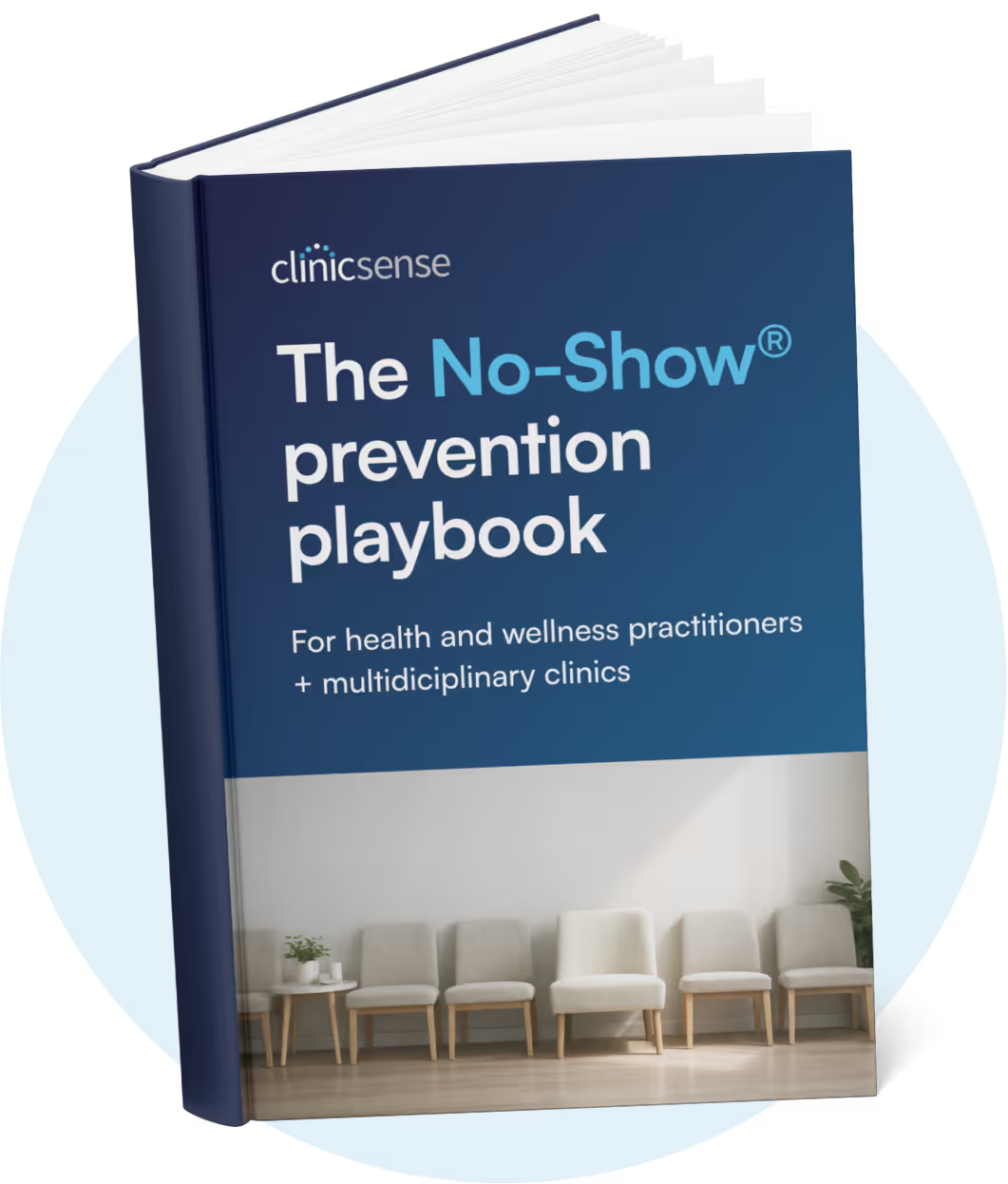Practice Management Tips
March 25, 2020

"I read the idea shared earlier this week by Stephanie. It was about reaching out to clients and checking in on them as an act of great customer service. I decided to take the idea to the next level and see if any of my clients were interested in a virtual session. I've seen physical therapists do it, so I thought, why not me? Sure enough, there were clients interested and I've already done 5 video calls! On the call, they are telling me about their issue and I'm able to provide them with possible tools like exercises or self-massage."
"We are using the free version of doxy.me which is HIPAA compliant! Our individual online sessions are 30 minutes. We teach the client how to precisely treat 2 to 4 muscles using a Thera Cane, ball, foam roller or their hands.
We are also doing partner sessions, which are 45 minutes. We teach the client's partner how to precisely treat the muscles our client needs maintenance on to stay pain-free or in low levels of pain.
We are really excited that this unique time can be used to help clients in pain gain self-treatment skills to help them feel empowered and like they can have control over their pain like never before."
-------
We wanted to check in on the privacy laws regarding video calls and personal health information before sharing this idea. In the United States, we found that "OCR will exercise its enforcement discretion and will not impose penalties for non-compliance with the regulatory requirements under the HIPAA Rules against covered health care providers in connection with the good faith provision of telehealth during the COVID-19 nationwide public health emergency. This notification is effective immediately. " (source).
In Canada, we couldn't find any information online, so we called the Office of the Privacy Commissioner of Canada and understood that if the client consents to the call, you can do it.
Potential video tools you can use are: Zoom, Google Hangouts, and Skype.
We love interesting ways the community is helping each other succeed during this time and supporting one another.

.avif)











For 14 days